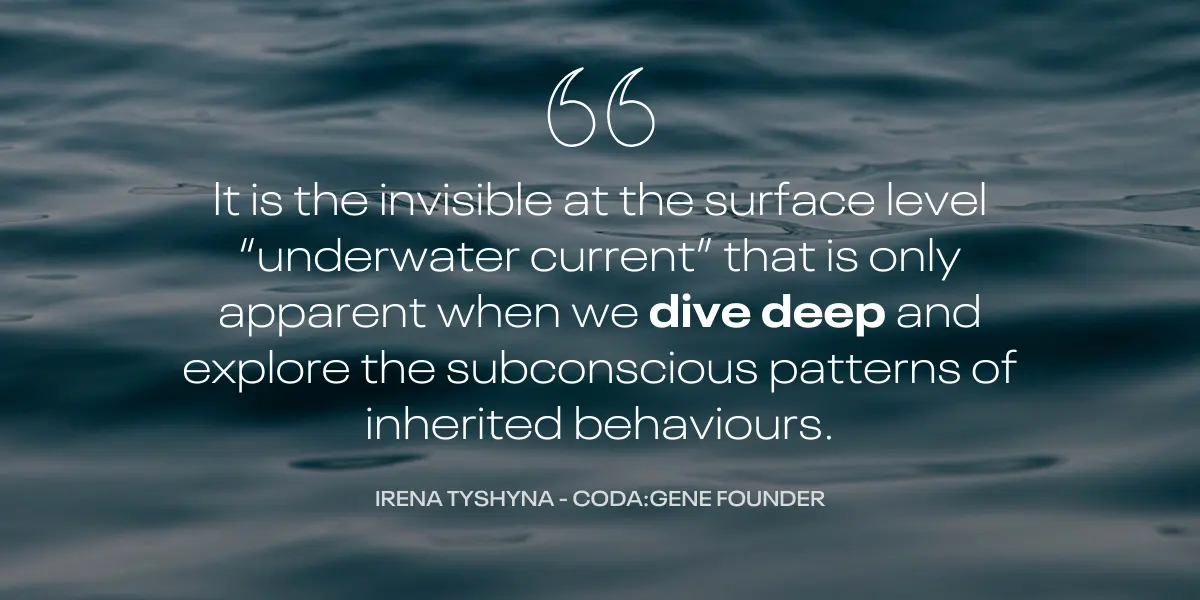Introduction to the Nature vs. Nurture Debate
What makes you…well, you? Is it the environment you grew up in, or is it the genetic blueprint written at conception? For over a century, psychology has wrestled with this debate, often swinging between the two extremes of nature and nurture. Today, the conversation isn’t about which is more important but about how they intertwine in fascinating ways.
A Historical Perspective on Psychological Theories
Freud’s Influence on Early Psychology
Sigmund Freud, the father of psychoanalysis, laid the groundwork for modern psychology by emphasizing early childhood experiences. According to Freud, your parents’ influence during those formative years was monumental in shaping your personality, behaviours, and even mental health.
The Rise of Environmental Theories
Freud’s ideas evolved into a broader focus on environmental factors, championed by behaviourists like B.F. Skinner. They argued that we are products of our surroundings—blank slates moulded by external stimuli and experiences.
Behavioural Genetics: A Game-Changer
What Is Behavioural Genetics?
Behavioural genetics dives into the relationship between genes and behaviour. It explores how DNA variations contribute to psychological traits, ranging from intelligence to susceptibility to mental illnesses.
Key Findings in Behavioural Genetics Research
DNA and Personality
Did you know that almost 50% of your personality traits are rooted in your DNA? Whether you’re naturally extroverted or lean toward introversion, your genetic makeup plays a significant role in shaping these tendencies.
Genetics and Mental Health
Conditions like depression, schizophrenia, and bipolar disorder often run in families. This isn’t just coincidence—genetic studies show strong heritability for these conditions, altering the way we approach treatment.
The 50% Rule: How Genetics Shapes Us
Quantifying the Influence of DNA
When researchers say “50%,” they don’t mean a hard line; it’s an average. Genetics explains about half of the variance in psychological traits among people. The other half? That’s where environment and free will come into play.
As explained by Bessel A. van der Kolk in The Body Keeps the Score: Brain, Mind, and Body in the Healing of Trauma:
“Psychologists usually try to help people use insight and understanding to manage their behavior. However, neuroscience research shows that very few psychological problems are the result of defects in understanding; most originate in pressures from deeper regions in the brain that drive our perception and attention. When the alarm bell of the emotional brain keeps signaling that you are in danger, no amount of insight will silence it.”
How Genetics Trumps Other Psychological Factors
Compared to other variables, genetic influence is immense. It overshadows parental styles, socioeconomic factors, and even early life experiences in its impact on who we become.
“It is the invisible at the surface level “underwater current” that is only apparent when we dive deep and explore the subconscious patterns of inherited behaviours.” – Irena Tyshyna, CODA:GENE Founder

Nature and Nurture in Modern Psychology
How Environment Complements Genetics
While genetics lays the foundation, the environment builds upon it. For instance, a child with a genetic predisposition for musical talent will thrive when raised in a music-rich environment.
Interplay Between Genes and Environment
Epigenetics: A Bridge Between Nature and Nurture
Epigenetics shows that genes can be “turned on or off” by environmental factors. For example, stress can activate or deactivate genes related to mental health.
As discussed in this article Behavioral Epigenetics: How Nurture Shapes Nature from BioScience: “Identical twins have the same genes. Yet as individuals, they can be quite unalike in behavior, in personality, in health, and even in appearance, and they tend to grow more different as they age. How can genes that seem to be identical produce such different effects?
A big part of the answer, scientists now think, is epigenetics—how nurture shapes nature. Epigenetic mechanisms are molecular events that govern the way the environment regulates the genomes of organisms. Epigenetic processes lead to individual differences in appearance, physiology, cognition, and behavior—the group of traits known as the phenotype. Scientists are at the very earliest stages of investigating them. The goal is to pry open one of nature’s most challenging black boxes: explaining how life experiences are transmuted into persistent changes in body function and behavior.”
Real-World Applications of Behavioural Genetics
Impacts on Mental Health Treatment
Personalised medicine, driven by genetic insights, is transforming mental health care. Imagine treatments tailored to your DNA—this is no longer science fiction but an emerging reality.
Educational Strategies Based on Genetic Insights
Understanding genetic predispositions can also enhance educational strategies, helping students reach their potential by focusing and fostering their natural strengths.
Ethical Considerations in Genetic Research
The Risk of Genetic Determinism
There’s a danger in overemphasizing genetics. Labelling individuals based solely on their DNA could lead to stigma and discrimination, which must be avoided at all costs.
“We must remember that genetic predispositions are not a life sentence and should only be viewed as an informative tool, rather than an opportunity for genetic prejudice. The most powerful of all available forces is our free will. This should become the main point of focus – a conscious living of each individual with a comprehensive understanding of their own genetic predispositions and skilful navigation around potential inherent obstacles.” – Irena Tyshyna, CODA:GENE Founder
Balancing Potential and Privacy
Genetic data is powerful, but with power comes responsibility. Safeguarding individual privacy while advancing research is a delicate but essential balance.
Conclusion: The Fusion of Nature and Nurture
The age-old battle between nature and nurture is evolving into a partnership. Genetics provides the script, but the environment directs the play. Together, they create the rich tapestry of human psychology.
To delve deeper into this fascinating subject visit our Insight Hub and read our blog Unlocking the Mind: Mental Genetics, Epigenetics, and Cognitive Reprogramming Explained
FAQs About Genetics and Psychology
- What percentage of behaviour is determined by genetics?
Approximately 50%, but this varies depending on the trait. - Can environment override genetic predispositions?
It can influence outcomes significantly, but genetics often sets the stage. - What is epigenetics?
Epigenetics studies how environmental factors can switch genes on or off without altering DNA sequences. - Is behavioural genetics used in education?
Yes, it helps tailor learning strategies to individual genetic strengths. - Why is genetic research controversial?
Concerns about privacy, determinism, and ethical implications make it a sensitive field.


